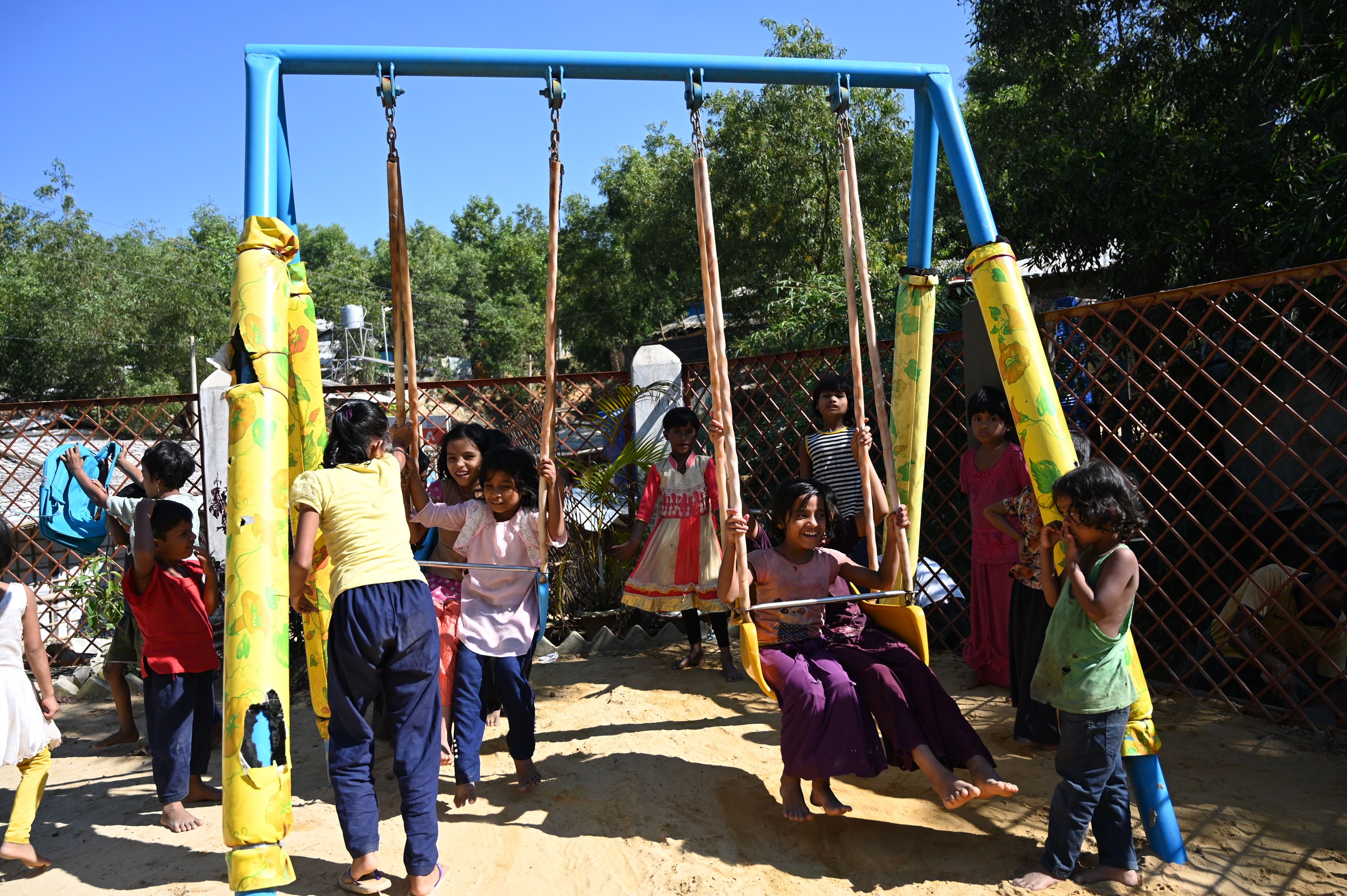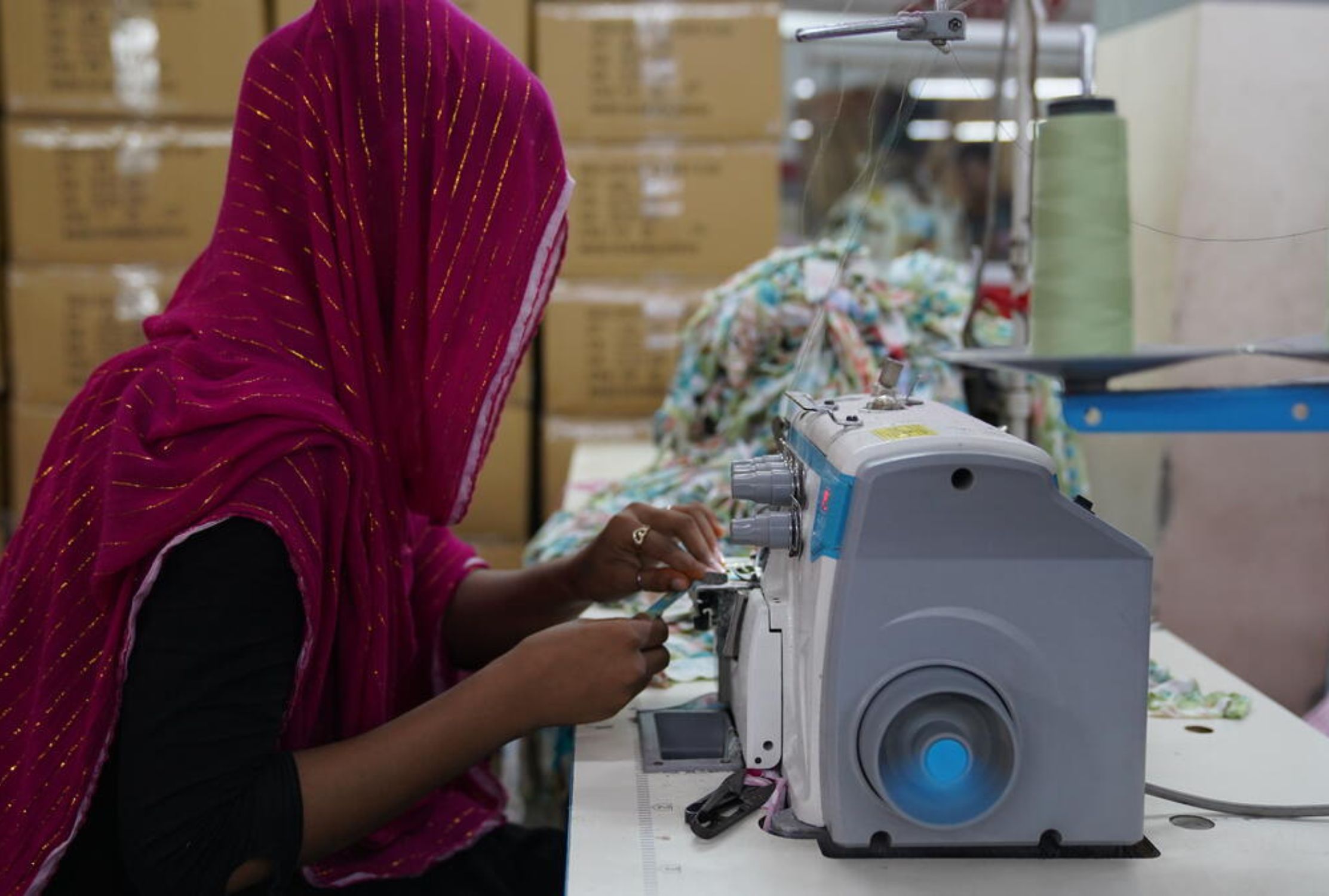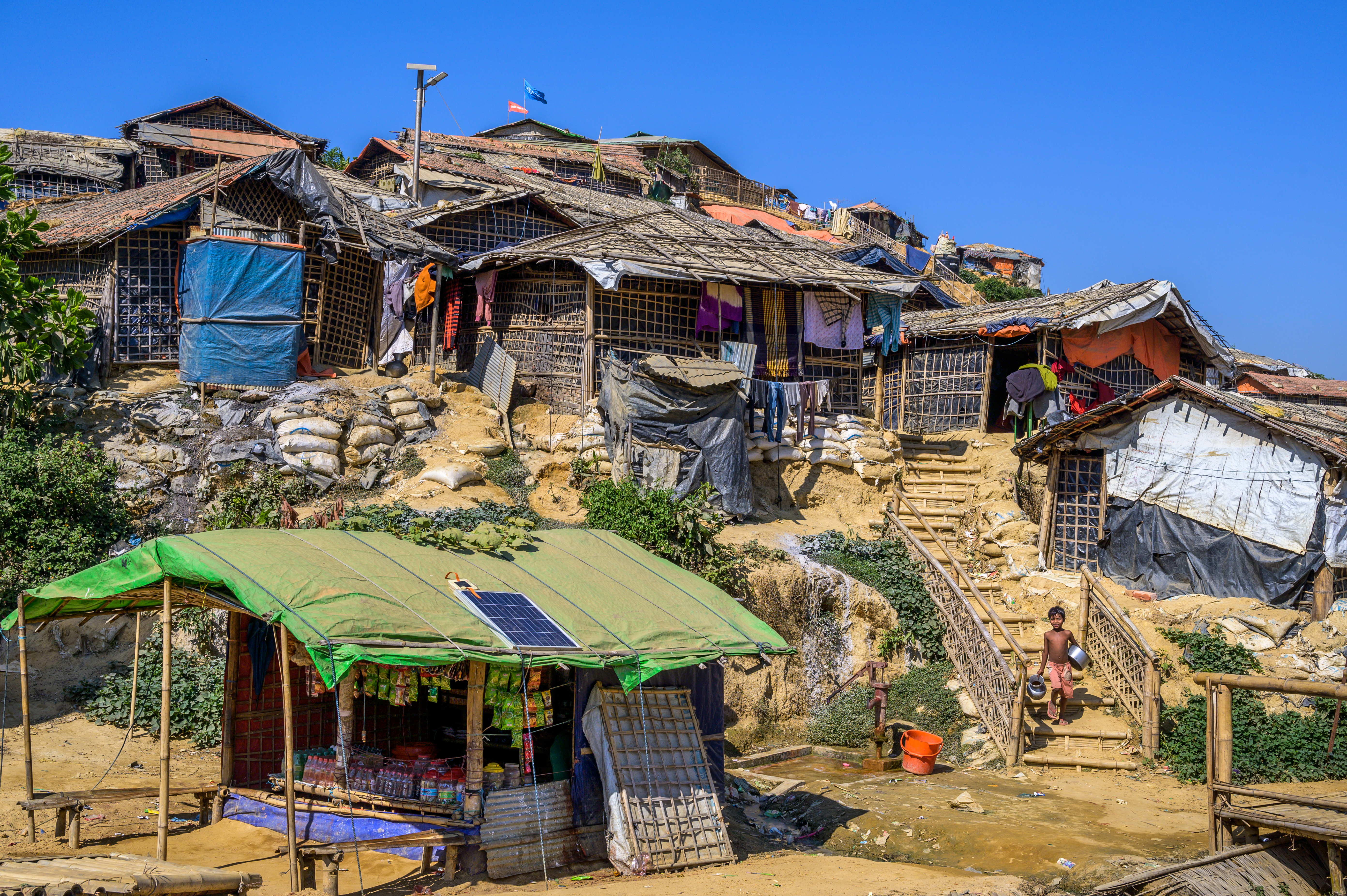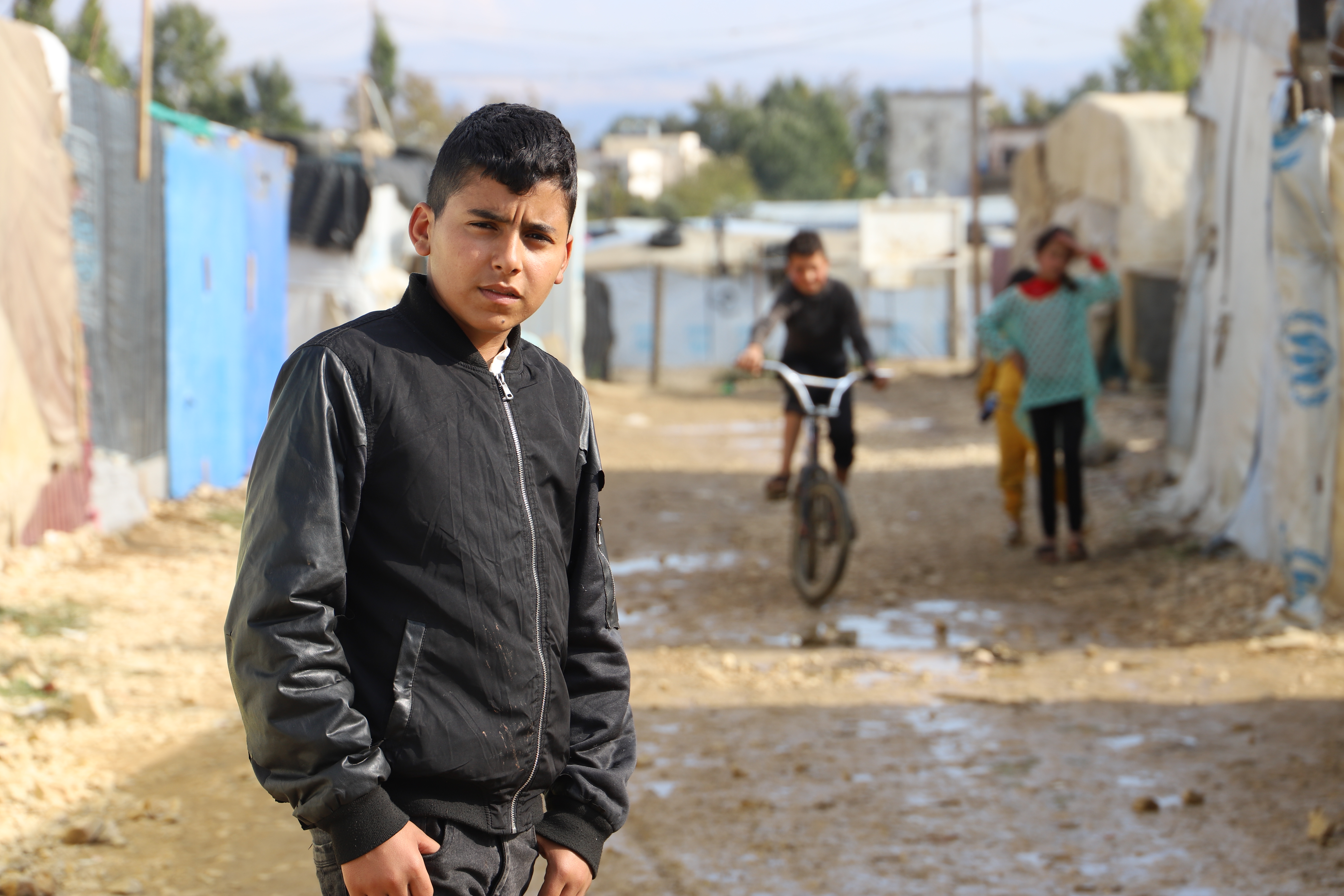
Forced from home
Yazan lost his childhood to war in Syria
Yazan remembers leaving his home in Syria
He was only four, but escaping the war on that rainy day is one of his earliest memories.
“I remember the planes, the weapons and how we reached here,” he says.
“As for sounds, I remember the explosions.”
When asked what else he remembers about Syria, Yazan says, “Playing. I used to play all the time in Syria. [But now] I barely play because the majority of the time I am working.”
This is the tragic reality for so many children who have fled Syria. In order to survive in their new host community, they need to work to help bring in an income for their parents.
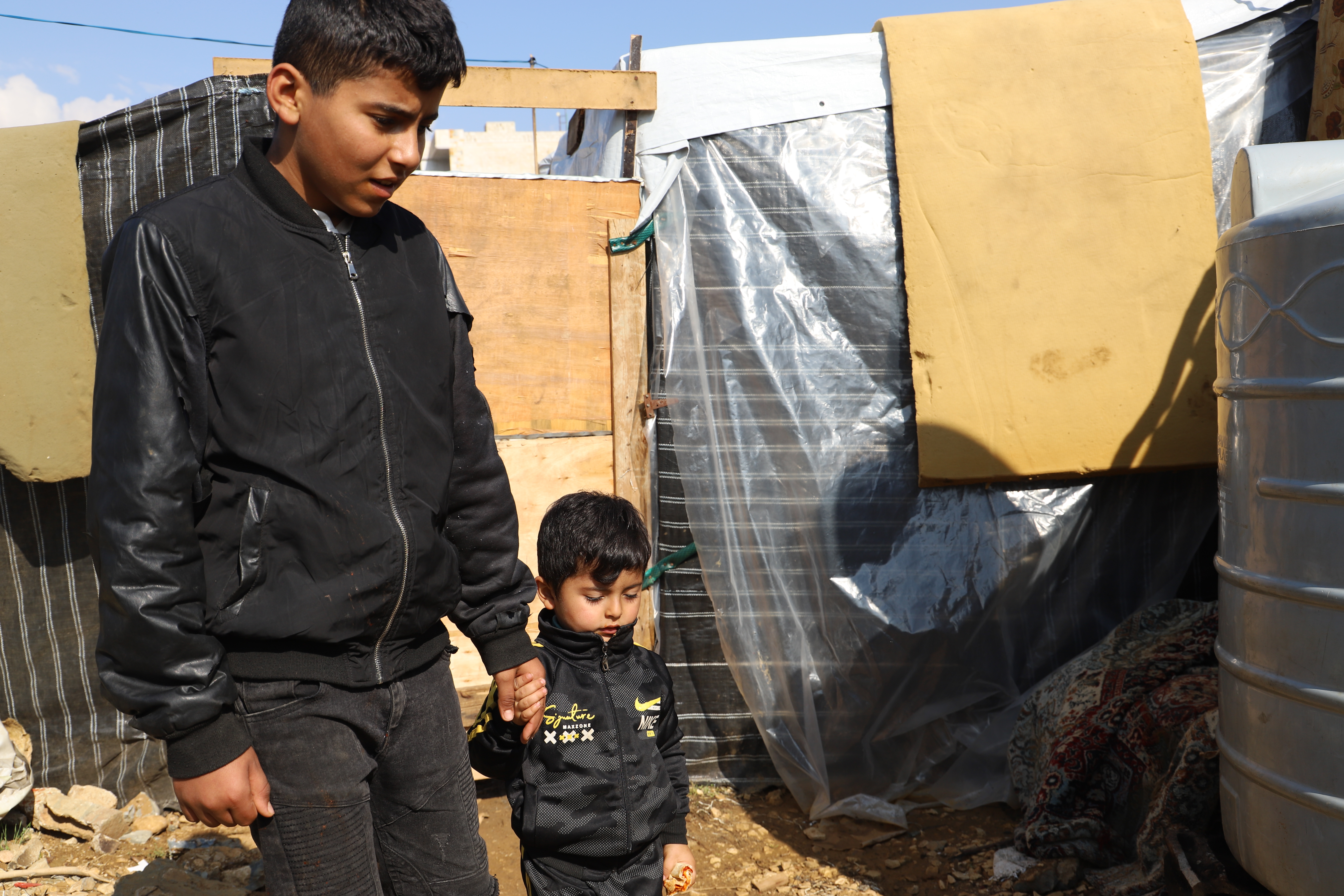
Yazan became a child labourer
Yazan, now 12, works at a vegetable market at the informal settlement where he lives in Bekaa Valley, Lebanon.
He packs and unloads vegetables into trucks, earning just 80p a day. It might seem like nothing, but it’s the difference between surviving the winter or not.
“All that we saved from working during summer, my father and I spent to put up nylon and shade for the tent because last winter the rain was coming inside,” says Yazan.
Without his income the family would have had no shelter.
Obviously, Yazan shouldn’t be working.
“Why aren’t I like my other friends who are studying?” he asks. “I feel tired . . . I don’t like to work.”
Local schools in Bekaa Valley won’t accept a child whose education level is too low for their age. Yazan wants to learn, but each year he falls further and further behind, making it harder to get back into school.
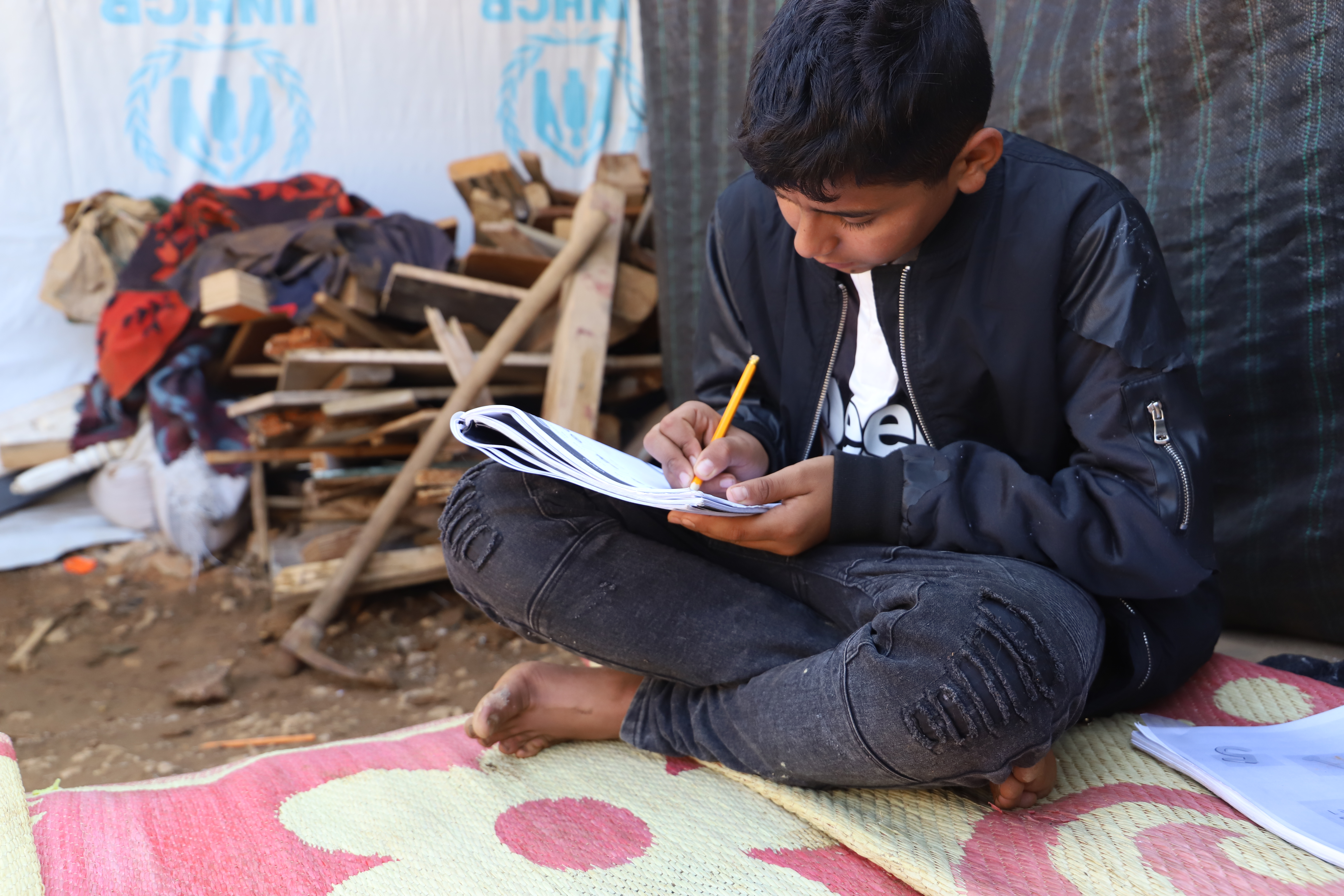
This is not childhood
In order for children to survive, recover and build a future in some of the world’s most dangerous places, they need safe spaces to play and learn, and opportunities to reach their full potential.
Thankfully, World Vision, alongside other organisations, is working in the camp where Yazan lives, in order to help children overcome their gaps in education.
And Yazan is committed to learn.
“They would teach us about letters,” he explained. “[When I got home] I would turn on YouTube and search for this letter. I would keep training until I learnt it better.”
But it doesn’t stop there.
“World Vision also gave us sessions about psychological support . . . to learn how to control our anger,” he says.
Building confidence among children who have had their childhoods stolen from them is as important as teaching them how to read and write.
Yazan still has a way to go, but his confidence is growing with each day.
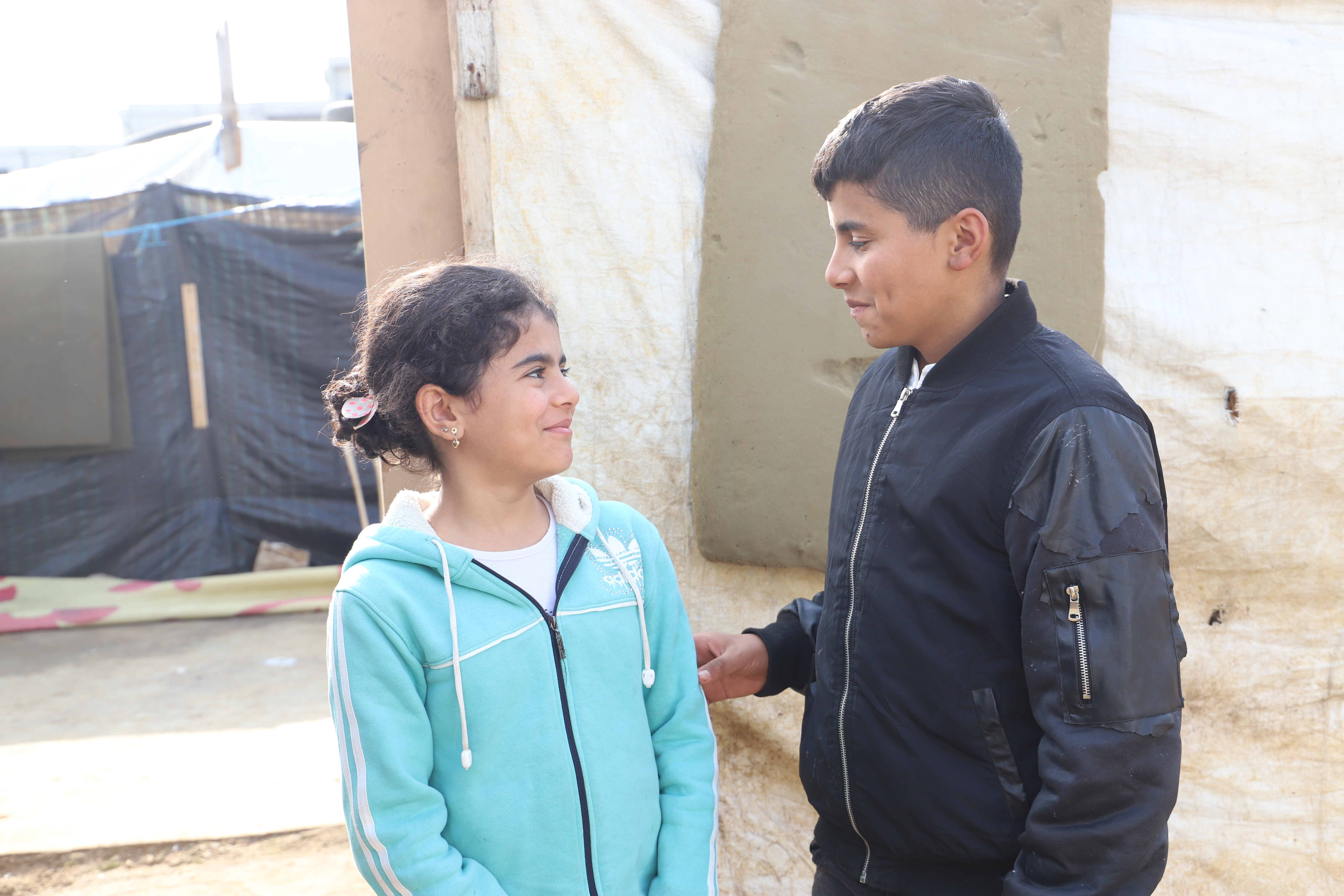
In the midst of conflict, natural disasters, hunger and the lasting effects of the global pandemic, your ongoing support makes it possible to reach children and families with what they most need, helping them survive, recover from trauma and build a future.
Help vulnerable children
You can protect children living in some of the most dangerous places.
Donate to Childhood Rescue
